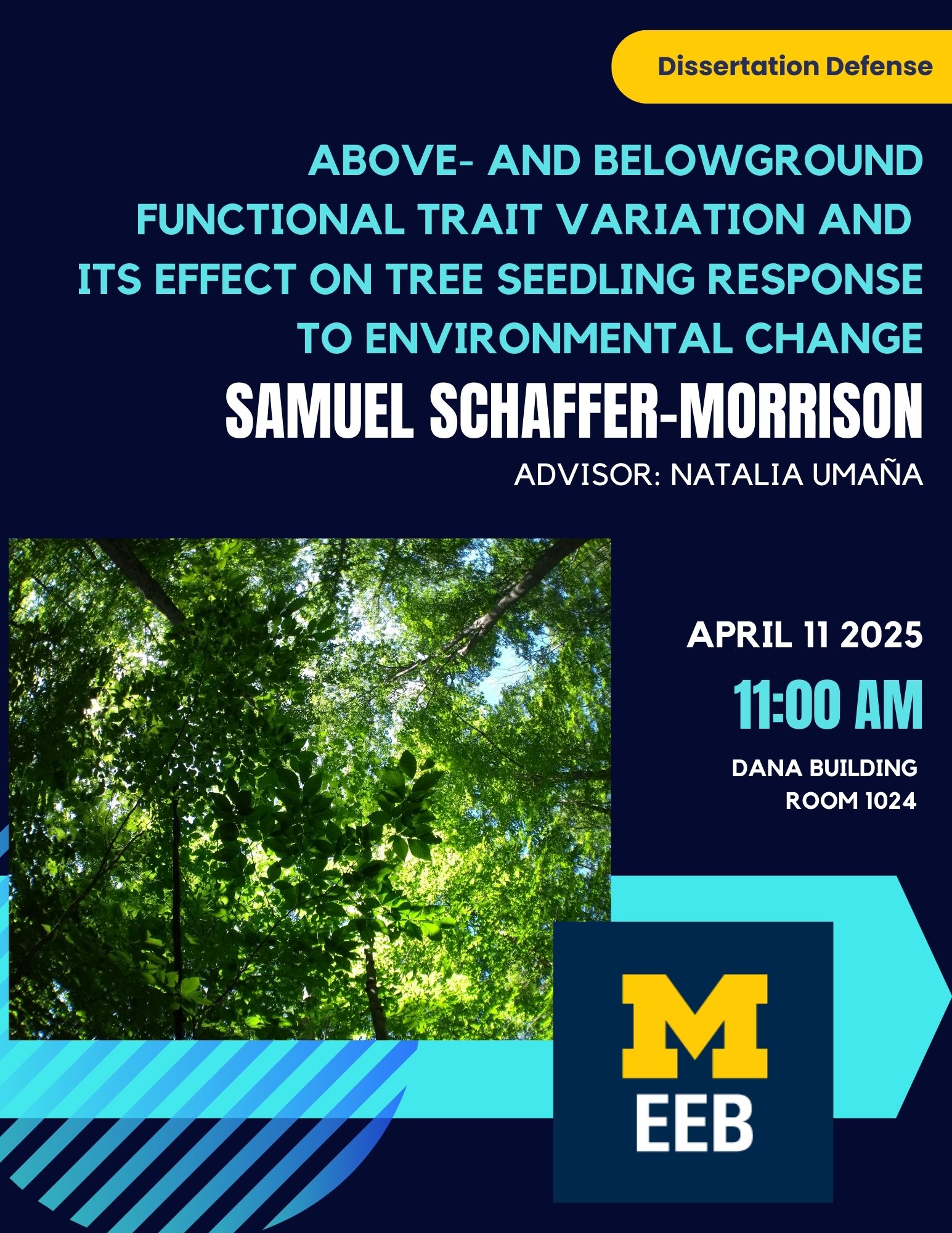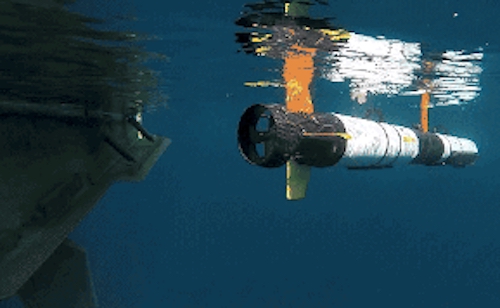Presented By: Institute for Global Change Biology IGCB
IGCB Seminar: Prof Anshuman Swain.
Echoes in the Rock: Past Ecosystems as a Guide for Understanding Tomorrow's World

IGCB Seminar Series: Prof Anshuman Swain
Echoes in the Rock: Past Ecosystems as a Guide for Understanding Tomorrow's World
Ecosystems are defined by the interactions among and between the organisms and their environment. In an era of unprecedented global change, understanding the fundamental rules governing the stability of ecosystems and their biodiversity is critical. This talk bridges deep time and the present by exploring how abiotic and biotic interactions shape biodiversity patterns. We will utilize the Cenozoic fossil record (the last 66 My), and in specific, the marine micropaleontological data and terrestrial plant-insect associations to track community responses to long-term climate shifts and environment perturbations. By integrating paleontological data with ecological informatics, this talk aims to uncover how past patterns of environment-driven change can provide crucial insights for anticipating and addressing the impacts of future global change scenarios.
Echoes in the Rock: Past Ecosystems as a Guide for Understanding Tomorrow's World
Ecosystems are defined by the interactions among and between the organisms and their environment. In an era of unprecedented global change, understanding the fundamental rules governing the stability of ecosystems and their biodiversity is critical. This talk bridges deep time and the present by exploring how abiotic and biotic interactions shape biodiversity patterns. We will utilize the Cenozoic fossil record (the last 66 My), and in specific, the marine micropaleontological data and terrestrial plant-insect associations to track community responses to long-term climate shifts and environment perturbations. By integrating paleontological data with ecological informatics, this talk aims to uncover how past patterns of environment-driven change can provide crucial insights for anticipating and addressing the impacts of future global change scenarios.



